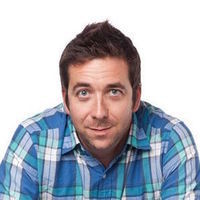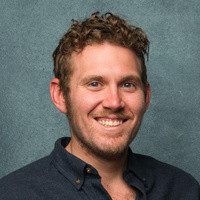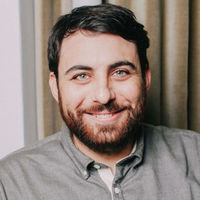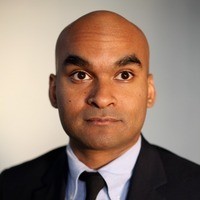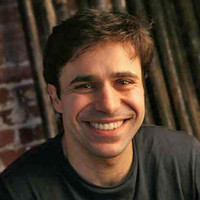Josh Dean has written for GQ, Fast Company, New York, and more. His latest piece, "The Life and Times of the Stopwatch Gang," was just published by The Atavist.
“I sort of reject the whole idea of something being beneath me. There are obviously some stories I wouldn’t do or that I have no interest in, but this job is fun and should be fun. And I wouldn’t turn something down that seems like a fun thing for me to do just because maybe the story is not something that 10,000 people are going to tweet about. I don’t give a shit.”
Thanks to TinyLetter, Squarespace, Lynda and HP Matter for sponsoring this week's episode. If you would like to support the show, please leave a review on iTunes.
